Creatine & Bloating
Do you ever get frustrated not knowing if the information you’re reading or receiving is actually true information? If you’re like me, if my friends tell me something I’m more than likely going to believe it’s true. I mean why would my friends tell me something that’s deceiving? Unless by chance the information they received was false in the first place.
Well I’m here to debunk one myth in the fitness industry that has been around for far to long. Does creatine make you bloat? I’ll even explain where this myth came from. So take 5 minutes and learn a fact that you can share with friends. I mean what else are you going to do, scroll through Instagram?
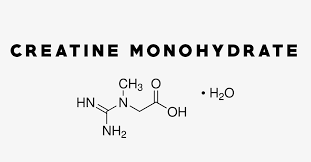
Debunking The Creatine Myth
So in order for me to really debunk this myth, which use to not be a myth actually, I need to go over a little bit of creatine’s history. This supplement was first discovered back in 1832. Of course it wasn’t really popular until 1992 after the Olympic Games in Barcelona.
Now creatine is one of the most popular sport supplements with an average $400 million in annual sales! Aside from that lets talk about how they were able to make so much money. As you may or may not know, creatine is a naturally occurring substance. Your body makes it, well it’s an amino acid your body produces technically, which is found in your muscle and your brain. Scientists have done many research projects that may, notice how I said may, show that taking more creatine may help performance in short-durations and maximal-intensity resistance training.
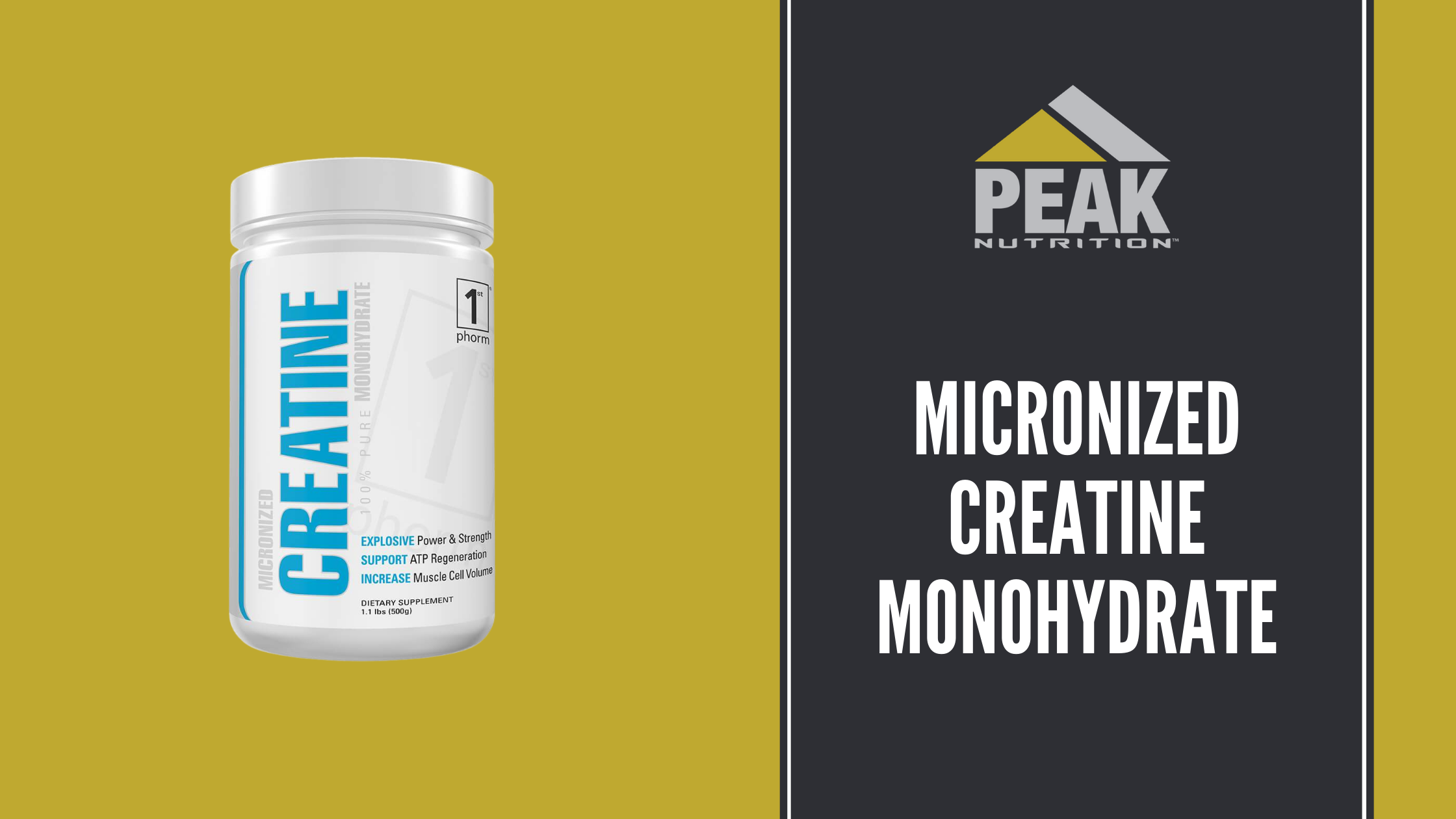
Now creatine is not very expensive to produce but as we all know companies have to find a way to make money somewhere and somehow. So how did these companies get away with selling creatine for $40 plus a container. Well they added some fun ingredients to the creatine back in the day. One major ingredient they added was salt.
You probably know what happens when you ingest too much salt. The answer is the reason this myth was originally created! Too much sodium in your body makes you bloat because your body starts retaining and holding water. That being said, companies didn’t really care about this side effect at the time and just saw it as a way to put a higher price tag on their creatine products.
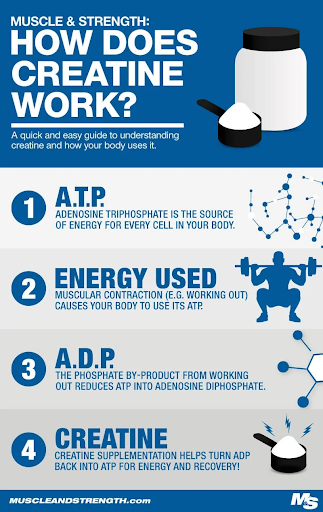
Today most Creatine products are pure and don’t have fillers in them that cause this insane bloating. There still isn’t enough research out there that brings strong evidence on how to take this product properly and what exactly it can do for you.
Some people do say that taking too much creatine can make you bloat due to the fact that creatine can make you dehydrated and many people don’t drink enough water. This then causes your body to retain water and increase signs of bloating which would happen even if you weren’t taking creatine! So don’t blame the creatine for your lack of water consumption you gym junkies.
Recommened Creatine Dosage
The best thing I will recommend is that you look for a creatine that’s seriously no more than $20, because it shouldn’t be anything more than that, and take the recommended dosage when taking it. There is no strong evidence that doing a loading phase with help with anything besides you needing to chug down gallons of water to avoid the bloating that will come with it from dehydration. Usually 5-10mg a day of creatine is the dosage that is recommended.
So if you’re interested in this supplement I encourage you to do your research on the brand you choose to buy and try it out with lots of water! You should be drink about your weight in ounces of water daily anyway! Just keep in mind that if you do get bloated, don’t just blame the creatine, look at others things you’ve changed in your diet, your water consumption levels, and if you’re taking too much of the supplement itself.
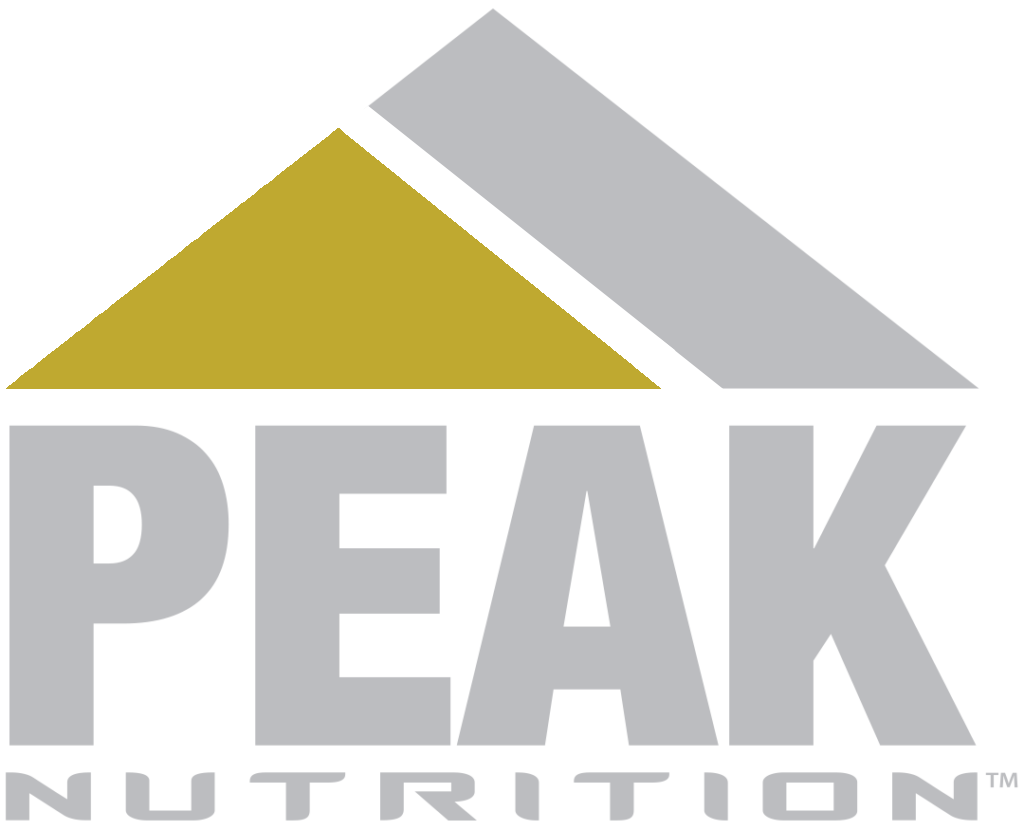
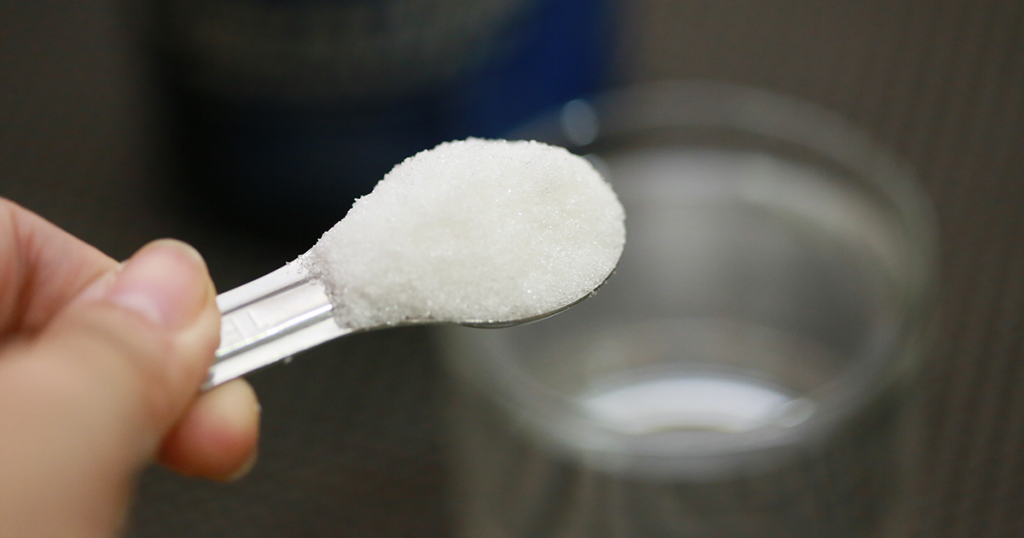



0 Comments